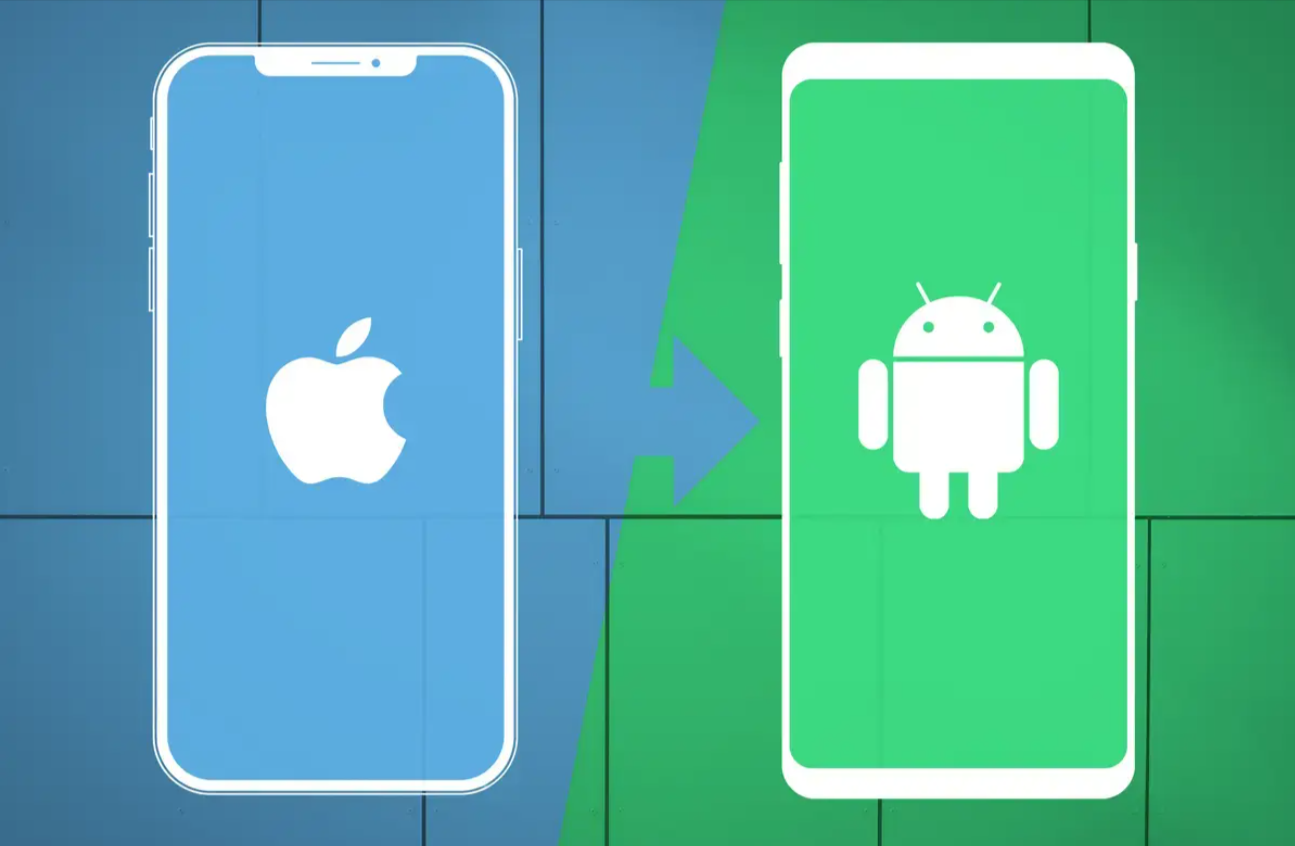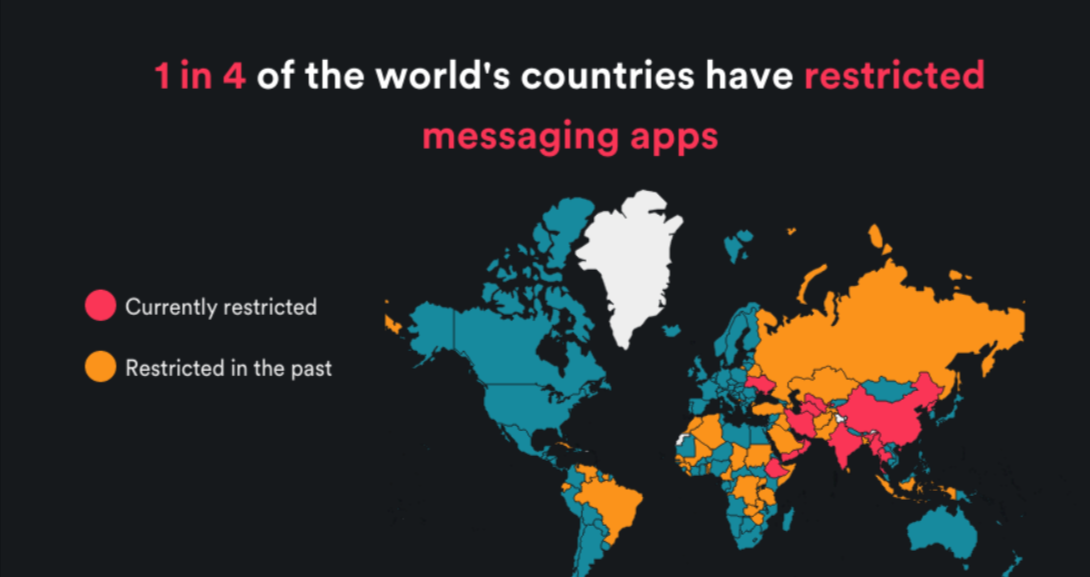Why Some People Are Switching Back to Older iPhones and Androids

As revealed by a survey conducted in 2024, iPhones always fare better than Android phones regarding customer satisfaction and loyalty ratings in the US.
Well, some consumers tend to favor a more straightforward mobile experience. These consumers comprise mainly the seniors, tradespeople, and millennials interested in digital detox.
There are dumbphones like Tynan, which costs a lot less than an iPhone but works as quite a brick-and-mortar alternative to what smartphones offer.
1. The Hardware is Better
The major components that separate technology gadgets generally are hardware (the components that make your computer-or smartphone-work and interact with you) and software-a program that allows a user to send emails, play games, writes documents, and uses popular applications.
However, usually, it is believed that one form of it is superior to another in terms of whether a given technical gadget works better with its hardware or software. Neither can provide a definitive answer on that. Both do tend to have their personal benefits and disadvantages.
These days, new Android phones are very often outshining any iPhone in features. That is especially the case if you want something with stylus support or bigger screens, long battery life, or any other qualities that current iPhones do not have.
However, sometimes the software of one phone may attract more than that of the other phone. A few may not dare to make that switch for fear of losing out on vital apps and services they have gotten used to over time.
Apple usually provides iOS software updates every five to six years for various iPhone models in which they fix bugs, security patches, and even functional enhancements on even older units.
2. The Software Is Better
Many Android switchers expect their new phone to offer them a seamless experience, probably because previous mobiles had been problematic, costly to repair, or lacked features they were accustomed to in computers and tablets.
Apple's hardware and software are designed to work harmoniously together for an entertaining and seamless experience quite appealing to many iPhone users: their "walled garden" also comforts them to ensure the continuity of updates by Apple engineers - an advantage many appreciate who want a reliable device equipped with the latest features and security updates.
Software upgrades are supposed to come slow on Android smartphones compared to iOS ones, and that varies from manufacturer to carrier, thus leaving many vulnerable to security risks and obsolete situations, which is not a good scenario for most smartphone users.
Android phones allow expandable physical storage. On the other hand, iPhones cannot. This feature might be crucial to those who take many pictures or shoot videos with a higher resolution, as the opportunity of upgrading with larger memory cards could make all the difference when changing their phone. Finally, many Android manufacturers boast excellent customer support while Apple Stores provide in-person assistance should your issue arise.
3. Price Is Better
More often than not, iPhones possess better resale values compared to their counterparts in the same smartphone market, which leads them to fetch a better price then selling through various marketplaces like Swappa. That turns into an opportunity for Cupertino to convert some users who would not otherwise spend $1,000 buying an iPhone 14 Pro.
CIRP, or Consumer Intelligence Research Partners, cites an increasing trend from 2019, where many transited from using Android phones to using iPhones by 2022 and steadily declined until plateaued in 2023.
Most CIRP reports have it that many Android customers still switched to iPhone based on one or more reasons. These reasons include the inability of their last found flaws and needed improved feature or hardware capabilities, or simply wanting to connect and enjoy Apple's ecosystem as an alternative to their existing messaging and video calling service with friends and family via iMessage and FaceTime.
For some, though, the cost of changing device was cited as a reason, especially when the Android was reaching its end and unreliable for new OS updates. So time to upgrade to more stable and updated platforms; most switchers had owned an iPhone with prior CIRP survey results, so they were already familiar with its benefits in the software and hardware areas.
4. The Design Is Better
No one can say that Apple's iPhone is not among the best in design. As a high-end device that gives a very streamlined experience and regular software updates that are simply not parallelizable to Android, as well as easier support services from Apple, which can be very important for those who rely on the phone for their work or social life.
But just because one iPhone outdoes another in excellence, that doesn't mean that it's best for everyone. An Android phone is probably more appropriate if you like a broader selection of hardware and options that won't break the bank.
Switching from Android to iPhone is not a hassle at all; typically, Android phones have a rather tricky learning curve considering its features and interface, while an iPhone is quite seamless integrated with other Apple products like an iPad and Watch, making using an iPhone much more of a learning experience.
Consumer Intelligence Research Partners (CIRP) carried out a show recently that undecorated the buying patterns of existing Android users to switch to iPhone, and it presented a relatively stable percentage like that between 2019 to 2023; however, within different models, buyers showed different preferences towards switching. So, definitely, things were working up here.

